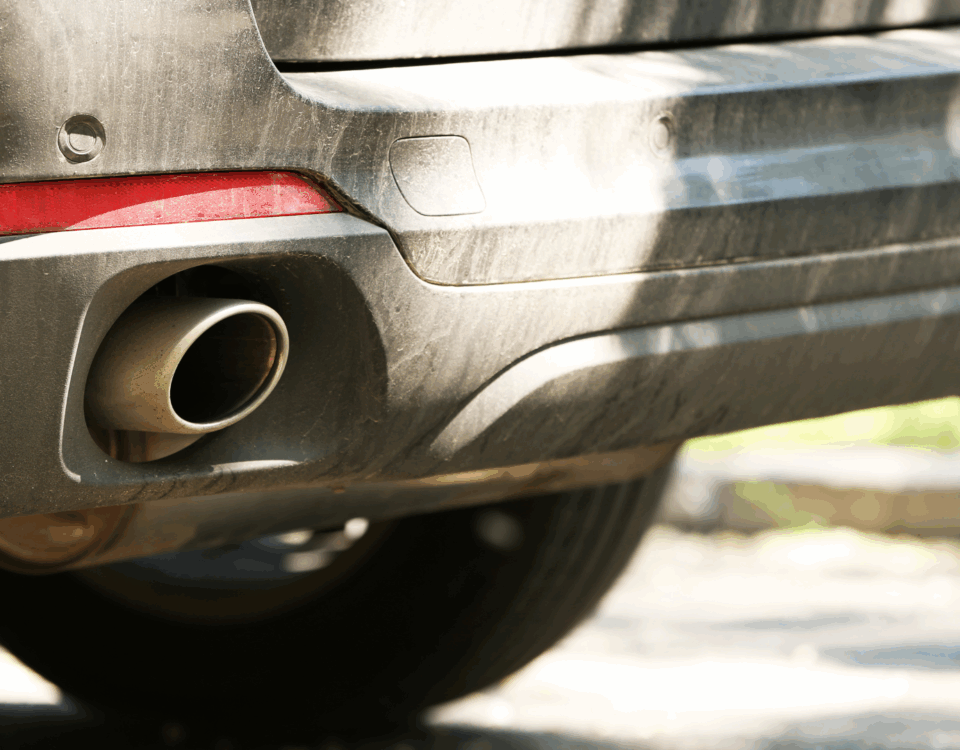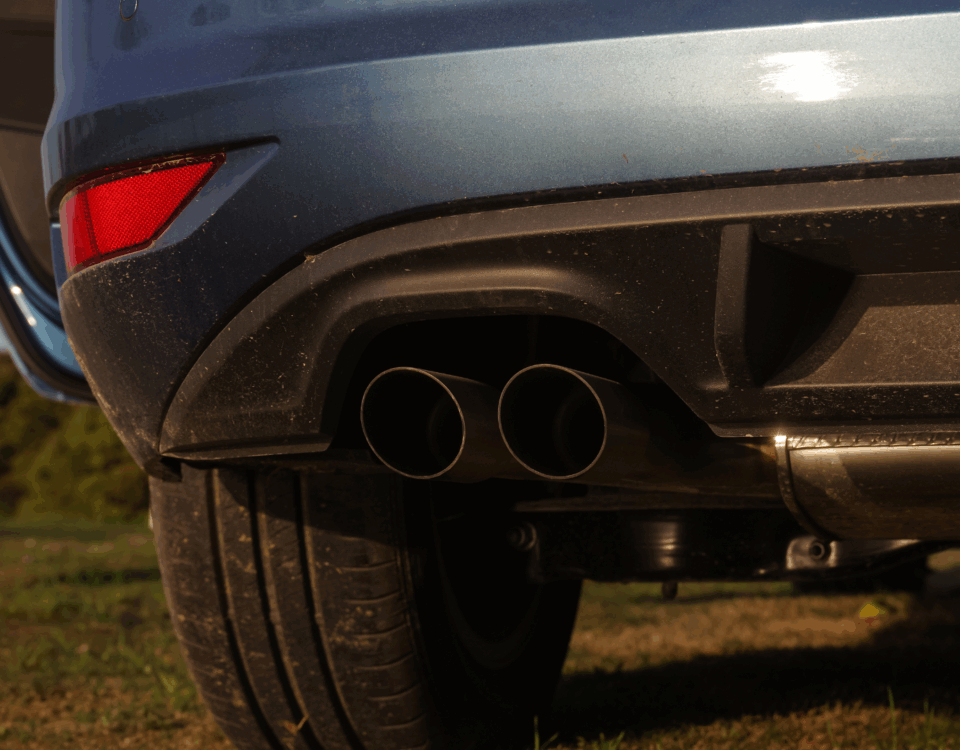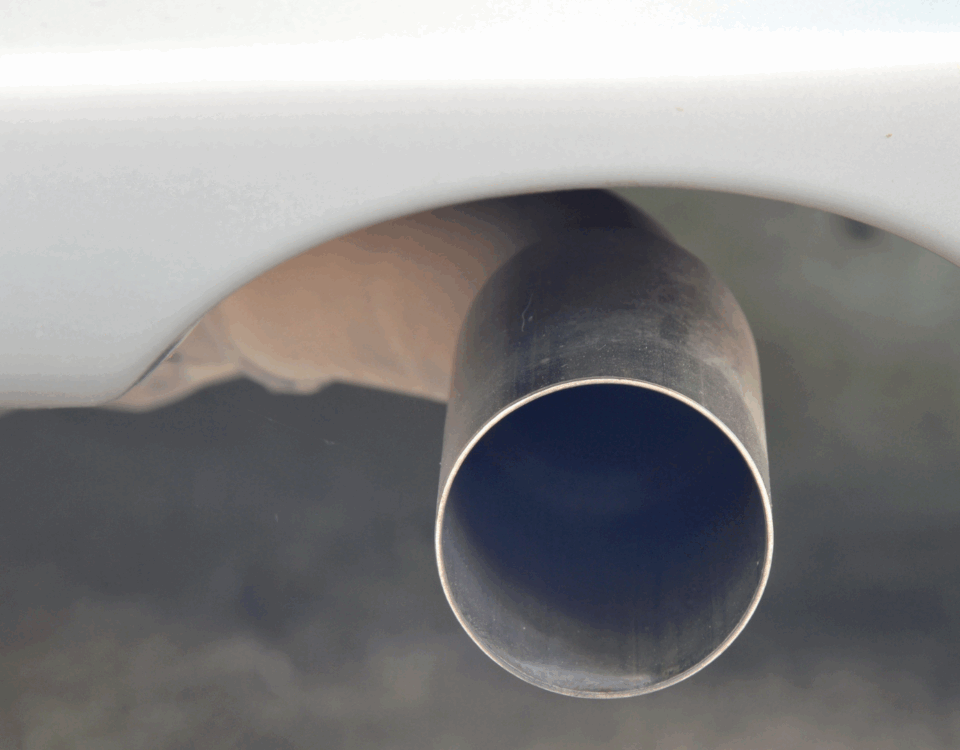Understanding the Smog Test Process for Diesel Vehicles
November 5, 2024How to Prepare for a Smog Check: Avoiding Common Pitfalls
November 6, 2024A smog check is a routine but critical process to ensure your vehicle meets environmental standards, helping reduce harmful emissions and keep the air clean. To pass smoothly, it’s essential to prepare properly, as a failed smog check can lead to delays and additional costs. Here are some expert tips to help you get your vehicle ready for a successful smog check.
Know the Requirements for Your Vehicle’s Smog Check
Different vehicles have varied requirements for a smog check based on their age, make, model, and emissions standards. It’s important to familiarize yourself with your local regulations to see if your vehicle qualifies for any specific exemptions or requirements. Generally, most gasoline-powered cars and light-duty trucks over a certain age need smog checks. Make sure you check your registration notice, as it will often indicate if your vehicle is due for a smog check, helping you plan accordingly.
Schedule a Pre-Check Inspection
A pre-check inspection is a great way to catch any issues before your official smog check. Many auto service centers offer this service, where technicians can inspect your vehicle’s emissions system, engine, and other essential components. A pre-check can identify any potential problems, such as leaks or emissions issues, that could cause you to fail the smog check. This inspection is especially helpful for older vehicles or those that have not undergone recent maintenance, giving you a clear idea of what needs fixing.
Address Any Warning Lights Before Your Smog Check
A common reason for failing a smog check is the presence of warning lights on the dashboard, especially the “Check Engine” light. If your vehicle’s diagnostic system detects an issue with the emissions system, it may trigger this light, leading to an automatic failure. Before your scheduled smog check, have any dashboard warnings diagnosed and resolved by a professional mechanic. They can run diagnostics to pinpoint the issue, making necessary repairs to ensure your vehicle passes the test without hassle.
Ensure Your Car’s Battery and Oil Are in Good Condition
Your car’s battery and engine oil also play a crucial role in a smog check. Recently replaced or disconnected batteries can cause emissions monitors to reset, which may result in an incomplete smog check test. To avoid this, make sure your battery has been stable for a few days prior to the test. Additionally, clean engine oil is vital, as dirty oil can contribute to higher emissions. Consider getting an oil change before your smog check to reduce the likelihood of failing due to oil-related emissions.
Drive Your Vehicle Prior to the Smog Check
Taking your car for a drive before a smog check is a proven way to prepare your vehicle. This is particularly effective for older cars, as it helps warm up the engine, catalytic converter, and exhaust system, improving emissions performance. Aim to drive at highway speeds for 10-15 minutes before your test, as this process can help burn off excess hydrocarbons in the exhaust system. By driving your vehicle before the check, you can ensure that all systems are working at optimal levels, increasing your chances of passing the test.
Preparing for a smog check doesn’t have to be stressful. By following these simple but essential steps, you can feel confident about passing the test, keeping your vehicle compliant, and contributing to a cleaner environment.
Read More:





